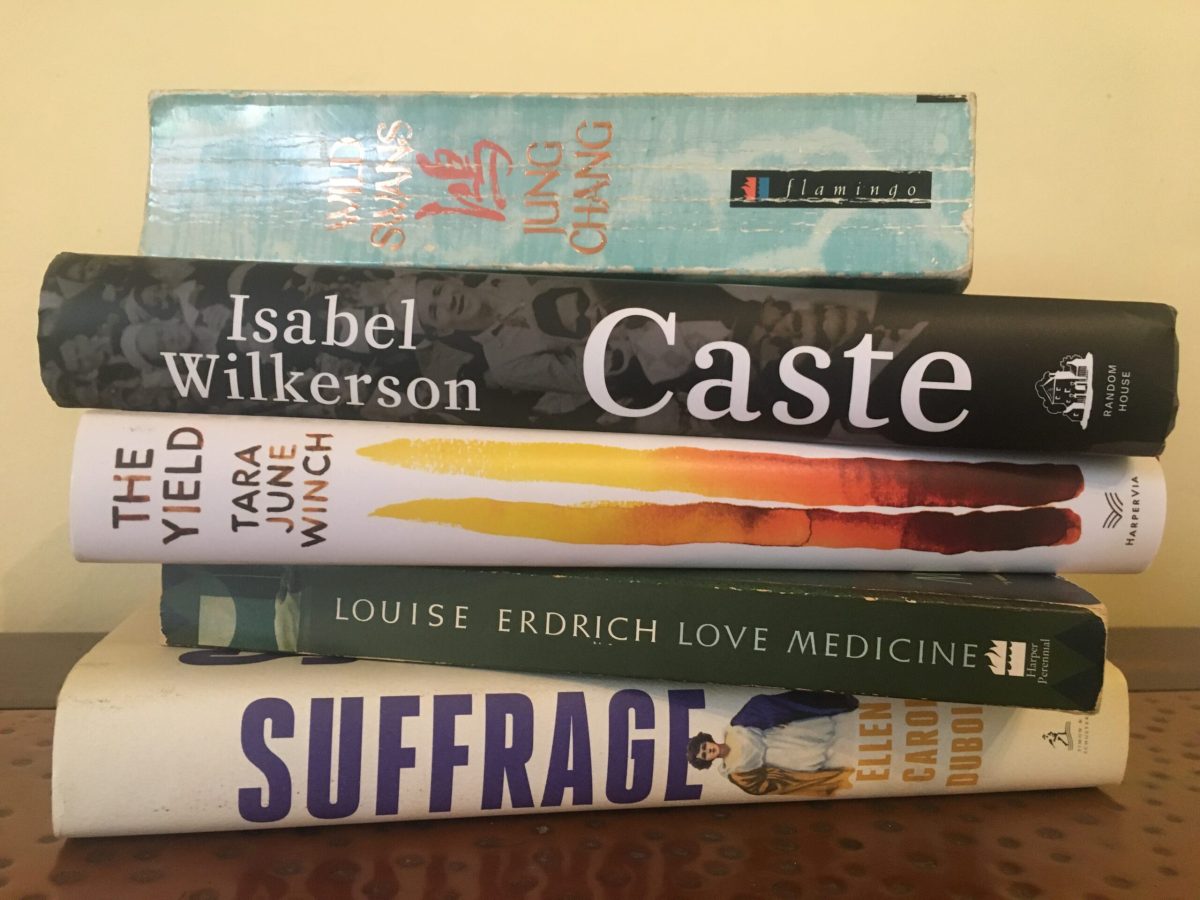 Last summer, while interning at the Natural Resources Defense Council (NRDC), I was exposed to environmental issues at the forefront of daily news. Major discussion topics around the office included proposed clean energy and climate legislation, the “Green Economy Initiative” and of course, the BP Oil Spill.
Last summer, while interning at the Natural Resources Defense Council (NRDC), I was exposed to environmental issues at the forefront of daily news. Major discussion topics around the office included proposed clean energy and climate legislation, the “Green Economy Initiative” and of course, the BP Oil Spill.
Five months ago, the largest offshore oil spill in the U.S. was triggered by an explosion, which sank one of BP’s drilling rigs. After 5,939 birds, 585 sea turtles and over 60 dolphins have been killed, it seems as though the disaster has finally been capped.
On Sunday, September 19th, 2010, Admiral Thad Allen, National Incident Commander and the man in charge of the federal spill response, declared the well “effectively dead,” after final pressure tests were performed. Although the problem may have been “sealed,” the legal, ecological and economic effects are only just beginning.
Fishermen along the coast have been out of jobs for months, crippling one of the region’s major industries. “This is the disaster that will keep on giving into the future. It could be decades,” said Richard Charter, a marine policy adviser with the Defenders of Wildlife, an environmental advocacy group.
Recently, I asked my friend, Matty Carville, a resident of New Orleans, how the Spill has affected her personally. Over email, she told me that: “The gulf coast spill has impacted my community in ways that are almost irreversible.” However, she explained that despite the desolation, her community still has hope. “Louisiana is resilient,” she exclaimed, “…and as one woman in Grand Isle said, ‘As long as there ain’t oil in my beer I’m staying right here!’”
In all, it is evident that the crisis is not over: killing the well was only the beginning. Until every resident and community affected by the spill is compensated, this crisis cannot and will not be forgotten.






